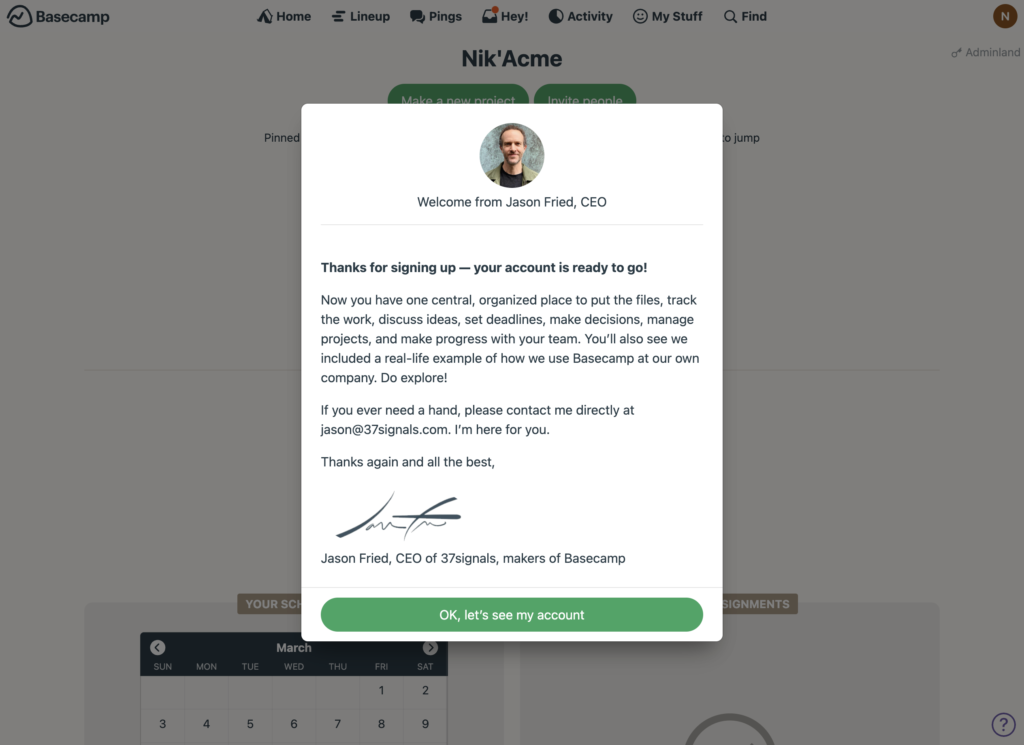You’ve probably been there: you spend your days in a job you don’t like. Every day is the same. And at some point, you just think how cool it would be to have your own company. Maybe you can quit your job and just earn on your own thanks to your new product or service.
So…you start thinking about what you could possibly build and monetize. Because at the end “you only need one great idea”, right?
And that’s when you start saying one of the most dangerous phrases: “Wouldn’t it be cool…?”
“Wouldn’t it be cool to build a social network for pet owners?” ”Wouldn’t it be cool to make an app where you can chat with other tennis players and organize a match on the go?” “Wouldn’t it be cool to create a gamification app for developers?” ”Wouldn’t it be cool to…”
Yes, maybe it would be cool. But you are not starting your company just to “make something cool”.
Ultimately you are starting your company to solve a problem, to make something useful, and to sell a product or service.
So, what do you do next? You start sharing your ideas with some people (usually your parents or relatives, your friends, and maybe some people on your team who are planning a great escape with you).
Some people like your idea, some don’t. And so you just tell yourself “Ok, but this is a good idea after all, maybe one day I am going to be building it”. So instead of permanently deleting it from your mind, you fire off you Apple Notes/Notion/Evernote/whatever and you start an “Idea List”.
”Here’s where I am going to write all my cool ideas”.
Here’s the problem with this approach: I am not going to say “Ideas are useless, execution is everything”. You’ve heard this a thousand times.
The real problem is starting with an idea in the first place and not focusing enough on the real problem you are trying to solve. Because this is what successful companies do: they make products and services that solve problems for other people.
So, you should start with the problem you want to solve first and then try different iterations and different ideas to solve it.
People say “Follow in love with the problem”. But there’s a better quote from pretotyping father Alberto Savoia “Follow in love with the problem and flirt with many solutions”.
This is why so many companies fail. They want to make that specific product or service, they don’t really want to solve a specific problem. They look inward, instead of outward.
So if you want to increase the chance to work on something meaningful, why don’t you start by training your problem-spotting skill?
Instead of having a list of ideas, write a “problems” list. Start noticing problems, write them down, and don’t come up with a solution.
Only when you have identified a problem and validated that problem exists in the market, you can think about possible solutions (based on what the market asks you, your skillset, and how much money and time you have).
There are different ways you can start: if you are young and don’t have industry-specific knowledge you can really start by writing down whatever you captures your attention.
The more specific the better. You can take a look at things IRL or on the web. For example, you can you could spot what people are complaining about on specific subreddits. You could use a tool like Gummy Search or a GPT called Subreddit Analyzer.
If you are into software, you could go on a website like G2 and read software reviews to see what are people complaining about. For example: almost every big, heavily funded software company has the same problem: they lack great, outstanding support and customer service. Basecamp, on the other side, has built its own reputation on that up to the point that you have the CEO’s email during the onboarding process.

I’ve seen a lot of people fail because they jumped to a totally different industry without knowing the inside out.
So if you have years of experience in a specific industry, start from there: you’ve likely experienced the problem yourself, on your own skin. You know the people in your industry, you already have all your connections, and you might have some reputation that might be wasted if you simply decide to go in a totally new industry.
Fall in love with the problem, flirt with many solutions.